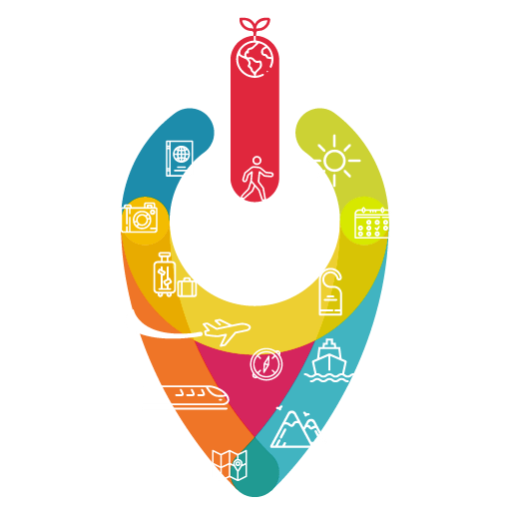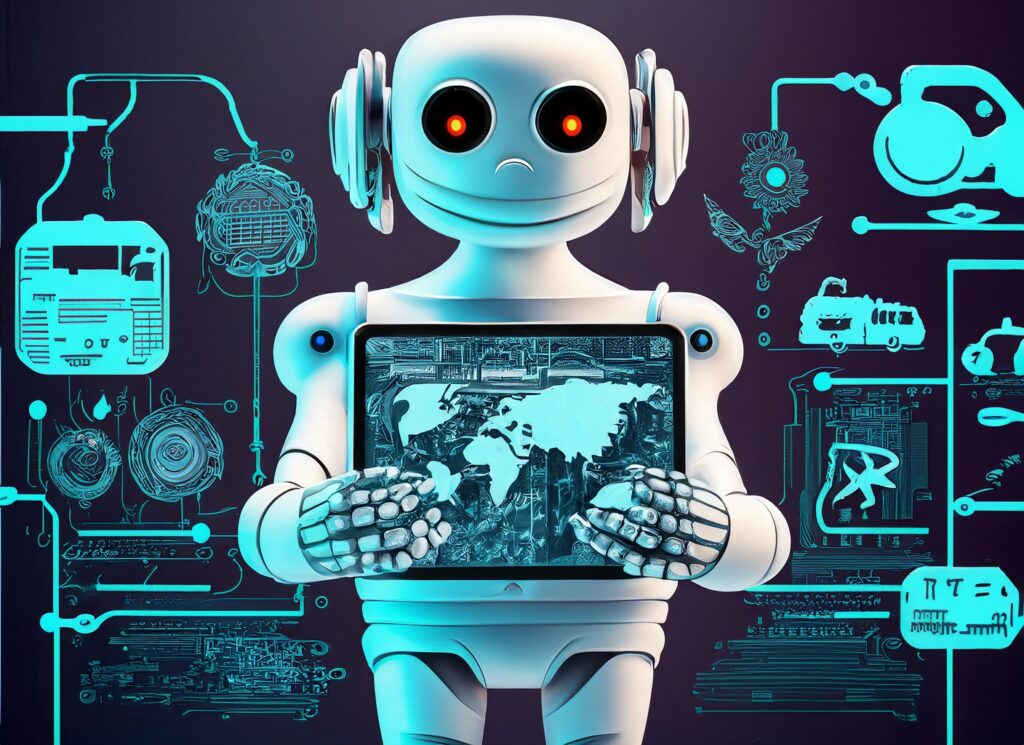Last time we introduced the second among the RESETTING project areas of experience: cybersecurity, systems connectivity, cloud computing and infrastructure, and then we showcased the various service providers affiliated with the RESETTING consortium.
This week we keep going by talking about the third of the RESETTING project areas of expertise, concerning process automatization, sensorization and robotization. These three are interconnected concepts that play crucial roles in various industries, particularly in manufacturing, logistics, and technology sectors. These concepts aim to streamline operations, improve efficiency, and reduce human intervention in repetitive tasks.
Process Automation
Process automation involves the use of technology and software to perform tasks, operations, or workflows without human intervention. It is designed to optimize processes, reduce errors, and enhance overall efficiency. This can involve the automation of both simple and complex tasks, ranging from data entry and document routing to more advanced processes like inventory management and customer relationship management. Businesses adopt process automation to save time, cut costs, and ensure consistency in their operations.
In the tourism sector, process automation involves using technology to streamline various operational tasks and customer interactions. This can include:
- Reservation and Booking Systems: Automated booking platforms allow travelers to make hotel reservations, book flights, and plan their itineraries online, reducing the need for manual intervention.
- Check-in and Check-out Procedures: Hotels and airlines often offer self-service kiosks for automated check-in and check-out, minimizing waiting times and providing convenience to travelers.
- Customer Service and Support: Chatbots and virtual assistants are used to provide instant responses to customer inquiries, helping travelers with information about destinations, accommodations, and activities.
- Payment and Transactions: Automated payment systems enable secure and efficient online payments for services, tickets, and accommodations.
- Personalized Recommendations: Automation algorithms analyze user preferences and behaviors to provide personalized travel recommendations, enhancing the customer experience.
Sensorization
Sensorization refers to the integration of sensors into various devices, objects, and environments to collect data and monitor conditions. Sensors are capable of detecting changes in physical parameters such as temperature, pressure, humidity, light, motion, and more. With the advent of the Internet of Things (IoT), sensors have become essential components in creating smart and interconnected systems. The data collected by sensors can be analyzed to gain insights, make informed decisions, and trigger automated actions. Sensorization is crucial in fields like environmental monitoring, healthcare, manufacturing, and home automation.
Sensorization plays a significant role in enhancing the tourist experience and improving resource management in the tourism sector:
- Smart Destinations: Cities and attractions are becoming “smart destinations” by integrating sensors to monitor crowd density, traffic flow, and environmental conditions. This data helps optimize tourist flows and resource allocation.
- Wearable Sensors: Tourists can wear devices with sensors to track their movement, receive location-based information, and access guided tours or augmented reality experiences.
- Environmental Monitoring: Sensors can measure air quality, noise levels, and other environmental factors to ensure a sustainable and pleasant experience for tourists.
- Security and Safety: Sensors are used for surveillance and security purposes, helping ensure the safety of tourists and their belongings.
Robotization
Robotization, also known as robotics, involves the use of robots to perform tasks traditionally carried out by humans. Robots can be physical machines or software applications that mimic human actions or intelligence. They are programmed to perform specific tasks with accuracy, speed, and consistency. Industrial robots are commonly used in manufacturing settings to perform tasks such as welding, assembly, and packaging. In recent years, advancements in artificial intelligence and machine learning have led to the development of more advanced robots that can adapt to different situations and even learn from experience.
Robots are increasingly being utilized in the tourism industry to provide unique experiences and improve efficiency:
- Hotel Services: Some hotels use robots to handle tasks such as room service delivery, cleaning, and concierge services. These robots can interact with guests and provide information about the hotel’s facilities and local attractions.
- Tour Guides: Robotic tour guides can lead guided tours, providing information and stories about landmarks and attractions.
- Language Translation: Robots equipped with language translation capabilities can assist tourists in overcoming language barriers and communicating with locals.
- Entertainment and Attractions: Theme parks and tourist sites may incorporate robot performers or interactive exhibits to enhance the entertainment value.
These three concepts often intersect and complement each other. For example, sensorization provides data that can inform process automation decisions, and robots can be equipped with sensors to navigate their environment and interact with it more effectively. As technology continues to evolve, the integration of these concepts can lead to even more sophisticated and efficient systems.
The integration of process automation, sensorization, and robotization in the tourism sector offers numerous benefits, including improved customer satisfaction, more efficient operations, and enhanced safety measures. However, it’s essential to find the right balance between automation and maintaining a human touch, as personal interactions and the authenticity of the travel experience are also valued by many tourists.
There are numerous service providers affiliated with the RESETTING consortium that can be hired by your business to assist you, and we will introduce them next week!

